Ever heard the saying, “You are what you eat?”
Much as we’d like to eat the sweetest candies and drink the most hyped drinks, unfortunately, our bodies will always bear the brunt of a few minutes of happiness. And, as the first point of contact between your body and food, your mouth is at a disadvantage.
The wrong foods and beverages can cause plaque buildup, increasing your chances of tooth decay and gum disease.
Now, don’t get us wrong—we don’t mean you should eliminate small “guilty pleasures” from your diet. Just reduce your intake to maintain oral health.
So, what foods should you avoid? Here are our top choices:
Candies
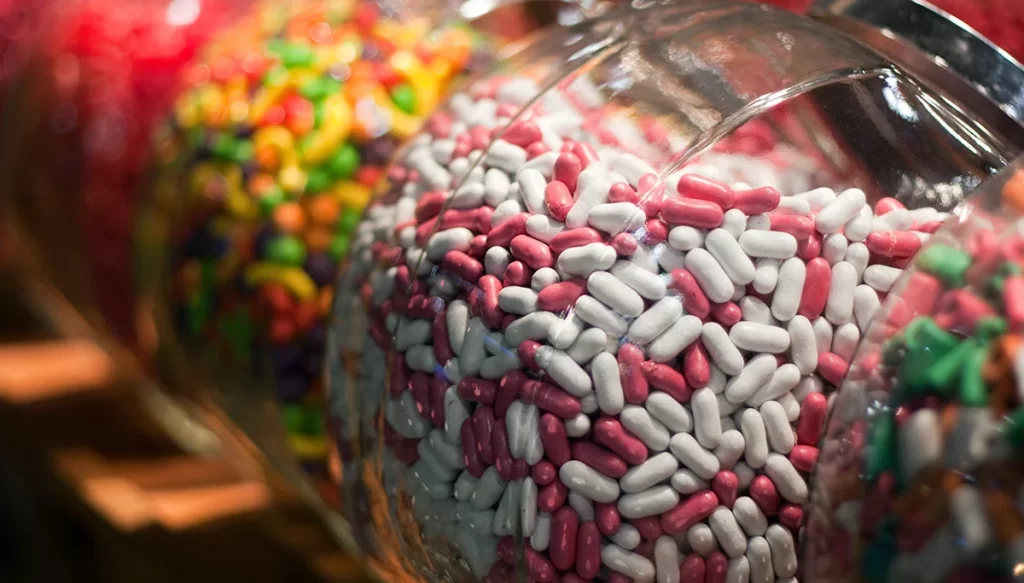
Candies are a common food choice for people with sweet tooths. Unsurprisingly, they’re among the top causes of tooth problems. These delicious treats increase bacteria buildup in the mouth, putting you at risk of tooth decay. The risk is especially high if you enjoy sweets like jelly beans and hard candies, as they stay in the mouth for longer.
Unfortunately, sour candy lovers aren’t spared either. Sour candies can be as detrimental as sweet candies as they contain acids that can erode your teeth. Many are also chewy, so they tend to stick to teeth for a long time.
Limit your candy intake as much as possible. If you must indulge, drink a lot of water after eating and brush your teeth. If you can avoid them completely, even better.
Ice
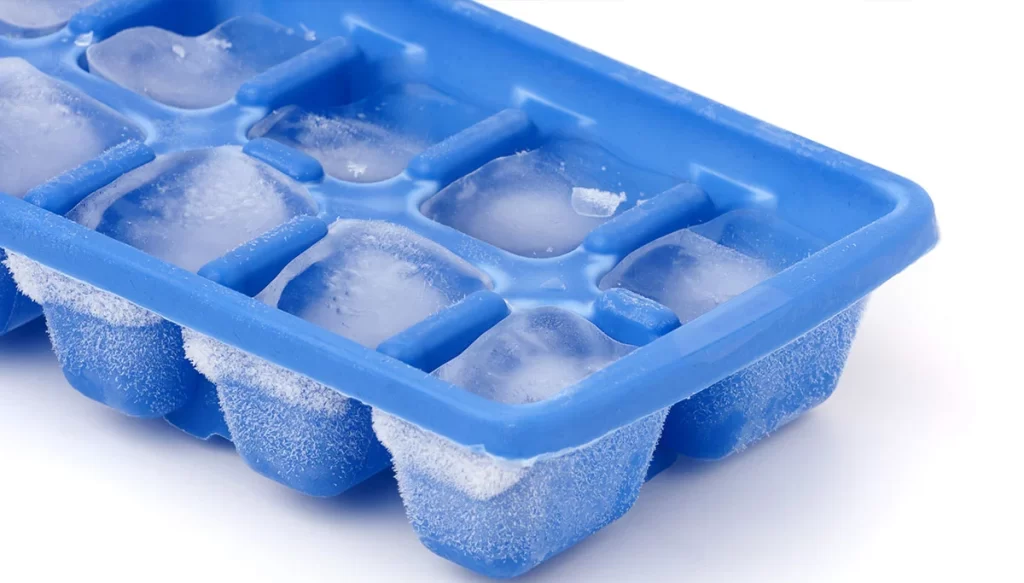
We know what you’re thinking—how can water harm my dental health? But remember, ice is frozen water, not your standard water. It’s hard and can cause loose crowns, chips, and cracks, forcing you to seek emergency dental care.
If you enjoy ice, use it to chill your beverages. If you’re pregnant and can’t seem to fight the ice craving, let it melt in your mouth rather than chew on it. Also, schedule an appointment with your doctor to determine if your craving results from an iron deficiency.
Citrus Fruits
Citrus fruits are among the few foods that are bad for your teeth but good for the rest of the body. They’re tasty and are good sources of nutrition, as they have ample Vitamin C, which strengthens your immune system. Even so, they have a high acid content that can, over time, erode your enamel, increasing tooth sensitivity.
Moderate your citrus fruit intake to limit their impact on your teeth. Be sure to take water after eating them to rinse down the acidity. As is the case after consuming anything acidic, wait at least thirty minutes after your intake to brush your teeth to allow your enamel to remineralize.
Crackers
Crackers are common in many homes because everyone, from kids to seniors, can enjoy them. But these seemingly harmless snacks can wreak havoc in your mouth, particularly when you don’t moderate your intake.
Crackers contain a high carbohydrate content linked to high bacteria growth. This is because bacteria can easily break down starch. When you eat too many of them, you create the perfect environment for them to multiply. Crackers also stick to teeth, which can cause plaque buildup. To maintain your oral health, limit your consumption.
Dried Fruits
Dried fruits like raisins and apricots are popular because of their nutritional value. But they’re not the best options for oral health. They’re sticky, so they can cling to your teeth and cause plaque buildup. They can also enter the spaces between your teeth, increasing your chances of decay.
Opt for fresh fruit whenever possible. If you enjoy dried fruits, moderate your intake, drink a lot of water afterward, and brush and floss your teeth.
Alcohol
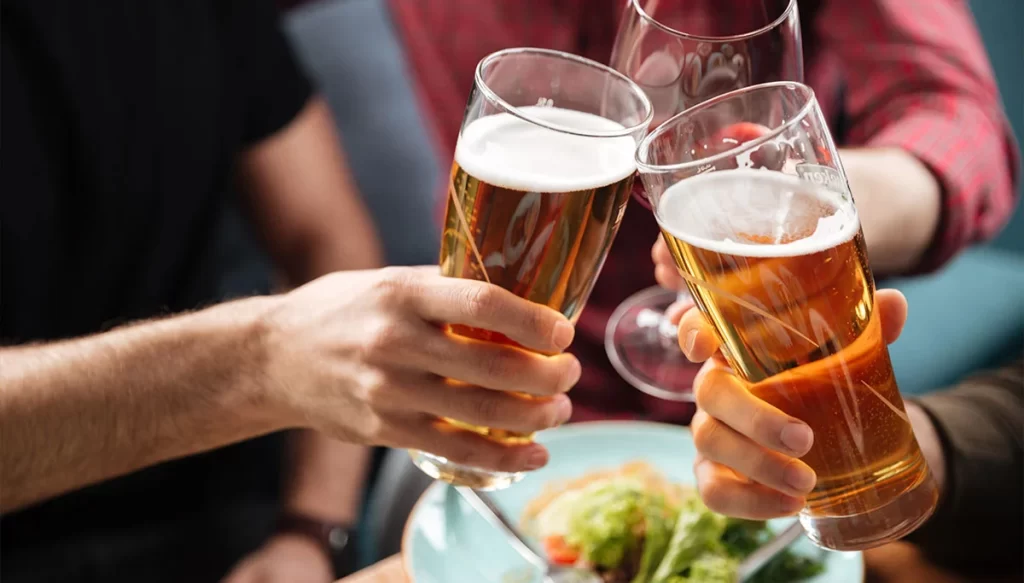
You probably already know alcohol is bad for your health. But what most people don’t know is that it’s bad for your teeth, too. It dries up saliva in the mouth, making you more susceptible to oral problems. Saliva is vital, as it flushes away food particles and repairs early signs of oral infections.
Take alcohol in moderation. Drink plenty of water when you do to help keep your mouth hydrated. If you prefer wine to regular alcohol, also brush your teeth before indulging. This reduces particle buildup, limiting the risk of wine tannins clinging to your teeth.
Soft Drinks
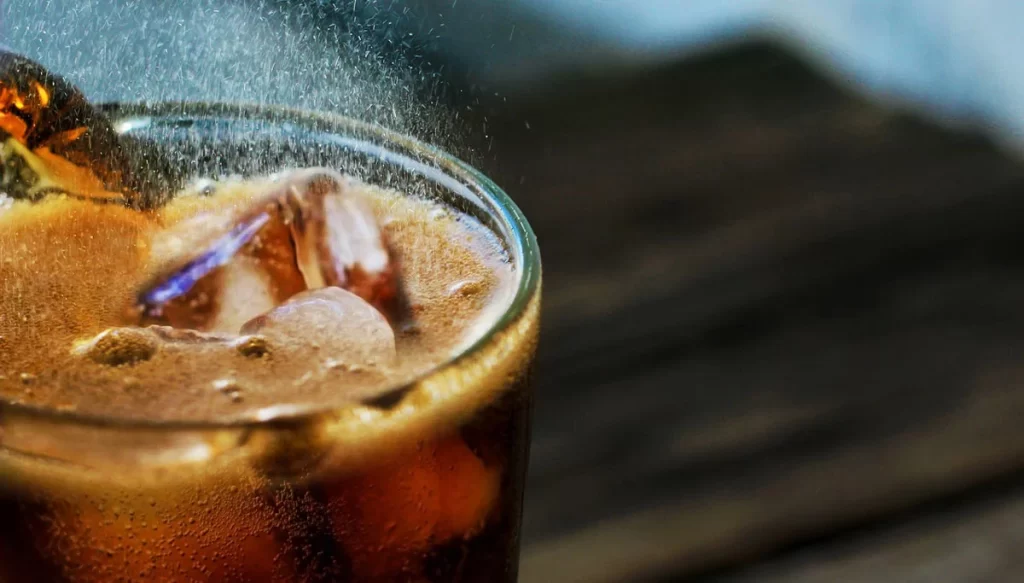
Sodas are detrimental to your dental health because of their high sugar content. The sugar attracts bacteria, increasing your risk of oral issues. Carbonated drinks are particularly harmful to the teeth as they’re more corrosive than their non-carbonated counterparts.
If you must take soda, choose non-carbonated options. Also, limit your intake to mealtimes rather than sipping them slowly throughout the day to minimize the period of exposure.
Sports Drinks
Sports drinks may seem like a good idea after a fulfilling workout, as they’re marketed as energy-replenishing beverages. While this may be the case, they can cause as much damage in your mouth as soft drinks.
Sports drinks are often acidic. They can cause enamel erosion, increasing your risk of tooth sensitivity, particularly if you indulge often. Rather than reach for them after every workout, drink plenty of water. It may take a bit more time to regain your energy, but at least your teeth will be safe.
Coffee
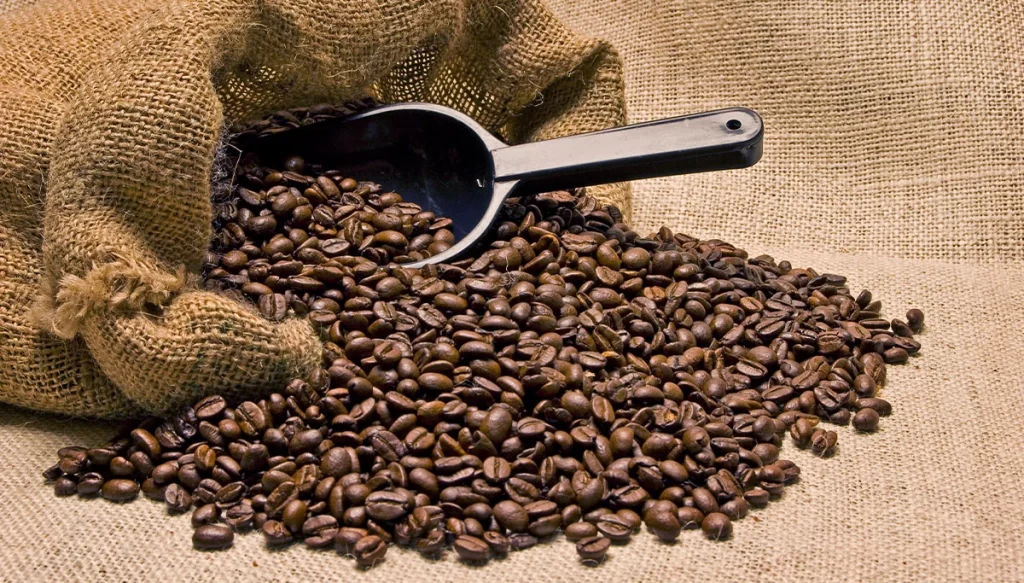
Have you ever drunk coffee from a white cup and inspected it afterward? Coffee leaves behind unsightly brown stains. Drinking too much can stain your teeth, too, affecting your smile. The stains also tend to be sticky, which means they can attract food particles and eventually cause plaque buildup.
Limit coffee consumption to protect your teeth. If you can’t do without the beverage, incorporate some milk, drink using a straw, and brush your teeth to lessen the effects.
Avoid These Foods to Protect Your Oral Health
A high consumption of the foods discussed in this post can be as detrimental as maintaining poor oral hygiene. Protect your oral health by eliminating these foods from your diet or limiting your intake. Stick to vegetables, fresh fruits, dairy products, fresh juices, and water to reduce your risk of oral issues.
Family Dental Services in Boynton Beach

At Eriks Dental Group, we provide personalized dental care to meet each patient’s unique needs. We offer numerous services, from oral care guidance and tooth cleanings to cosmetic procedures, guaranteed to improve your smile.
Contact us today by calling 561-733-4004 or completing our online contact form to ensure optimal dental health.

